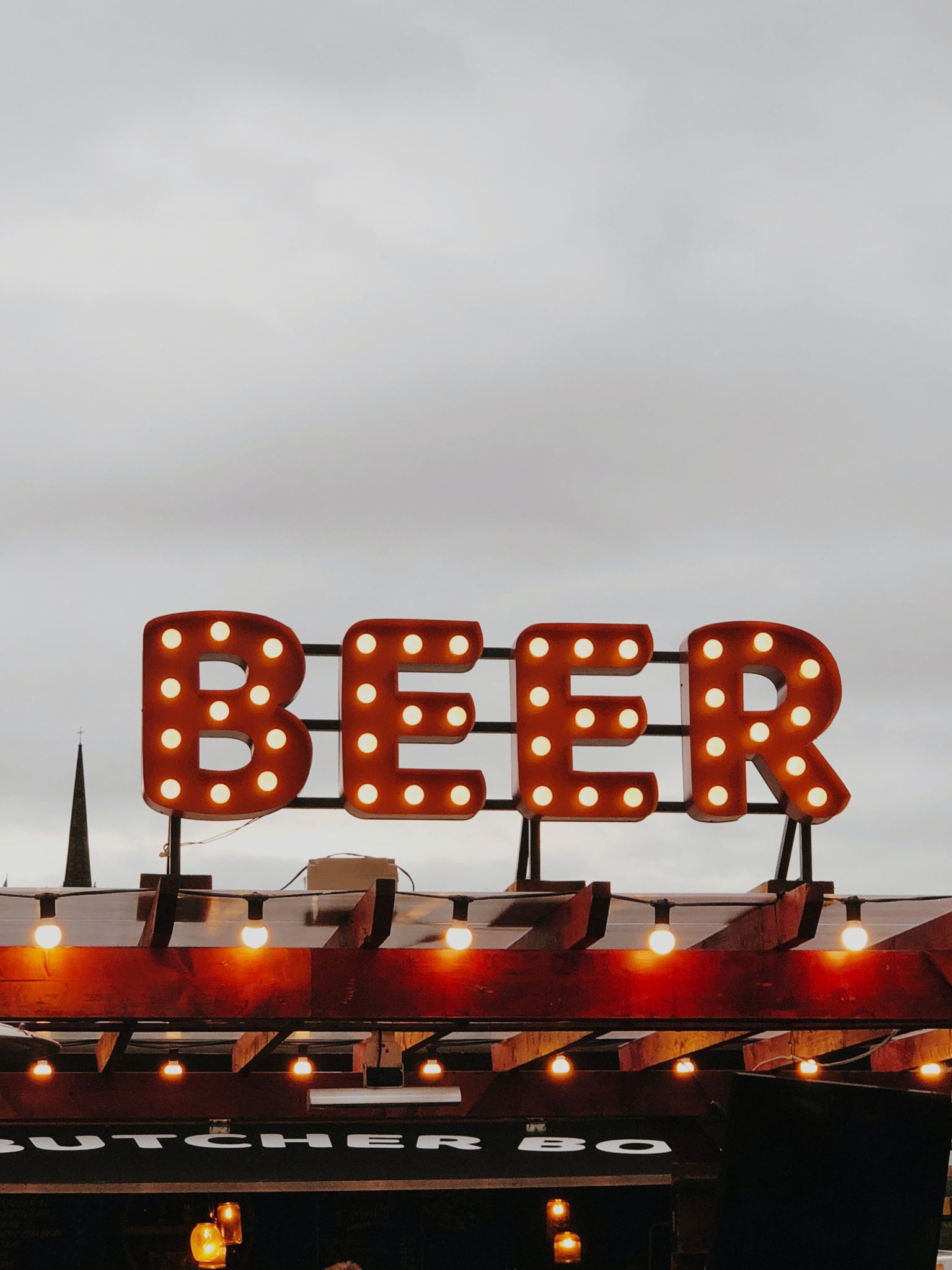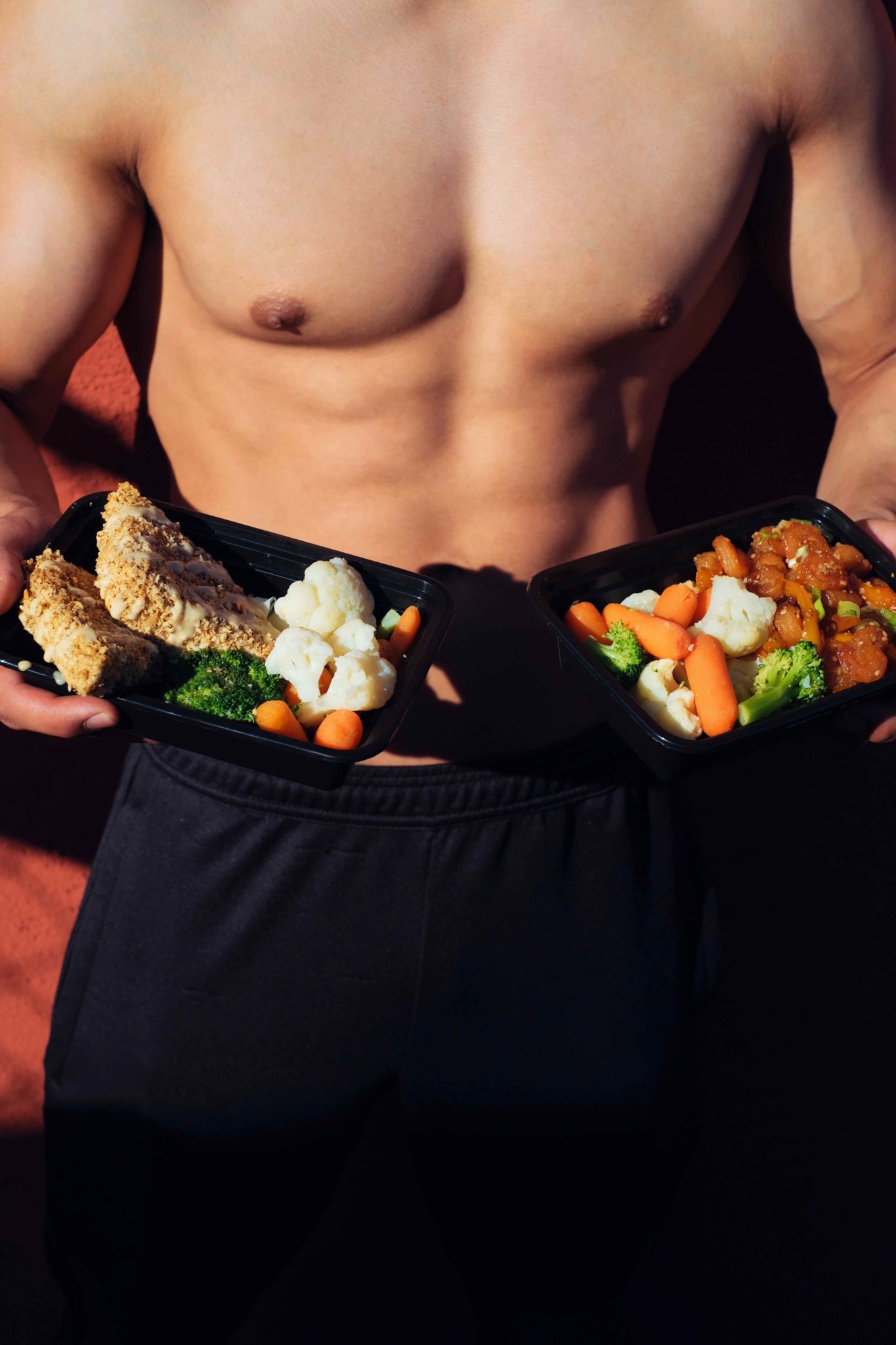How to Get Rid of a Beer Belly
If you’re a beer-enthusiast who’s gained a bit of belly weight over the years, you’re not alone. That extra chub is fondly referred to as a “beer belly” or “beer gut,” and many regular drinkers have it.
So, how do you lose a beer belly? Why do they happen, and why do men seem to struggle with them more often than women?
Keep reading to find out everything you need to know about getting rid of a beer belly, including factors that impact weight and lifestyle changes that can help.
What Is a Beer Belly and What Causes It?

A beer belly is described as a big, protruding stomach that arises from drinking too much beer.
There are a few factors that play a role in what causes a beer belly. As you get older, your metabolism slows down, and your activity levels may decrease. Consequently, you could lose some muscle mass and strength.
But that’s not all. Here are a few additional factors that may also contribute to weight gain and beer bellies.
1. Lifestyle Habits
When it comes to gaining unwanted weight, it’s all about your diet and lifestyle habits. If you eat—or in this case, drink—more calories than your body needs for maintenance, it gets stored as fat.
And the more you indulge in alcohol, the more likely it is that you’ll make poor dietary choices. Whether you’re out with friends or sitting at home, being drunk can make the quickest, greasiest foods sound irresistible.
Think about what you typically chow down on when you’re intoxicated: pizza, chicken wings, burgers, etc. All these foods can add a sneaky number of not-so-nutritious calories to your day.
2. Genetics
There’s mounting evidence suggesting that fat distribution is related to genetics. In other words, where your body stores fat is likely out of your control.
Some people might gain weight easily in their legs, butt, and thighs, while others gain all their excess weight in their bellies.
3. Differences Between Men and Women
Men tend to store more visceral fat than premenopausal women, and this is the type of fat that “beer bellies” are often made of.
Visceral fat is stored in your midsection, close to some of your most vital organs. It may make your belly feel hard to the touch instead of soft or squishy.
But while men most commonly have beer or alcohol bellies, women can get them too. It all just depends on where your body decides to store the fat.
How Much Beer Gives You a Belly?

That depends. There’s no way around the fact that alcohol is packed with empty calories—but where those calories go isn’t up to you. One study found that beer contributes to weight gain, but the weight is not location-specific. People also have varying metabolisms, and other habits and lifestyle choices play a role in weight gain.
So, while the amount of beer you drink affects whether you get a beer belly, it also has to do with your genetics, dietary choices, and overall weight.
Read more: How Much Weight Will I Lose if I Stop Drinking Alcohol?
How to Lose a Beer Belly
Figuring out how to get rid of a beer belly can be tricky. Since you can’t spot-reduce fat, the way to lose a beer gut is similar to the way you’d typically go about losing weight.
It all comes down to burning more energy than you’re taking in, which is most easily done through diet and exercise. (But cutting back on the beer won’t hurt, either.)
Reduce Alcohol and Focus on a Healthy Diet
To start, the best thing to address is diet. As you might know, alcohol alone brings a whole lot of empty calories to the table. And the food you eat during your drunken adventures can be just as damaging.
Focus on reducing alcohol and adding more fruits, veggies, whole grains, nuts, seeds, and healthy protein sources into your diet. Make sure you shift to a diet that’s sustainable for you and try to avoid any lose-weight-quick schemes.
Get Active

Exercise can help you build muscle, which in turn can increase your basal metabolic rate (BMR)—aka, the number of calories your body burns at rest each day.
Now, there isn’t an official “beer belly workout”—but weightlifting, high-intensity interval training, light cardio, or just about any way to get moving can help you lose weight.
You can also target your abdominal muscles with exercises such as:
- Leg raises
- Butterfly kicks
- Planks
- Russian twists
While these beer belly exercises won’t spot-reduce fat, they can strengthen and define your abs—meaning you’ll be that much closer to seeing your six-pack when the weight comes off.
How Long Will It Take to Lose My Beer Belly?
Ultimately, your timeline for losing a beer belly will depend on your starting weight, and the adjustments you make.
For example, let’s say your goal is to lose 10 pounds. If you cut out 3,500 extra calories (or one pound) each week, you’ll be on track to reach your goal in two and a half months.
In any case, consistency and sustainability are key when it comes to losing weight and getting healthier. You’d be surprised at how fast you can reach goals when you remember to stay on track!
Having Trouble Reducing Your Alcohol Use?
If alcohol is causing more problems for you than just a beer belly, Ria Health is a 100% online option that can help you learn how to drink less.
You can connect with medical professionals, access weekly coaching meetings, and even get anti-craving medication prescriptions from the Ria Health smartphone app.
You don’t have to consider yourself an alcoholic to get support. This program helps anyone who wants to change their relationship with alcohol, whatever their goals may be.
Will insurance cover treatment? Verify Coverage
Have Questions? Call (800) 504-5360



